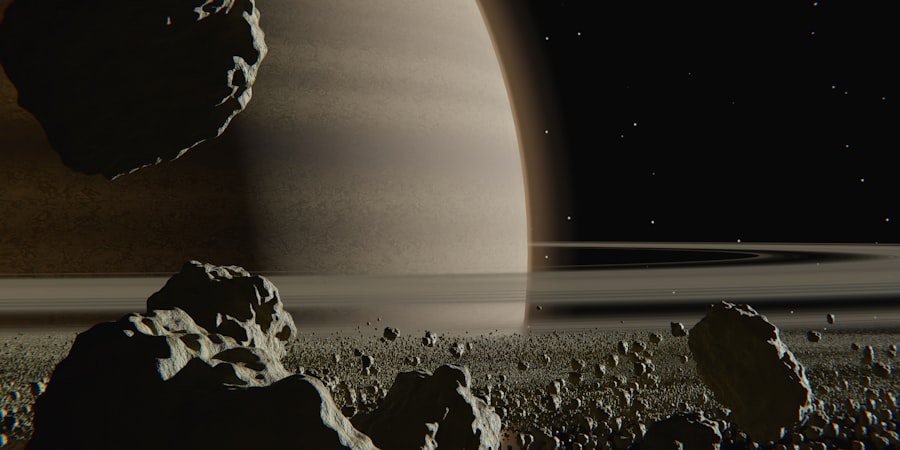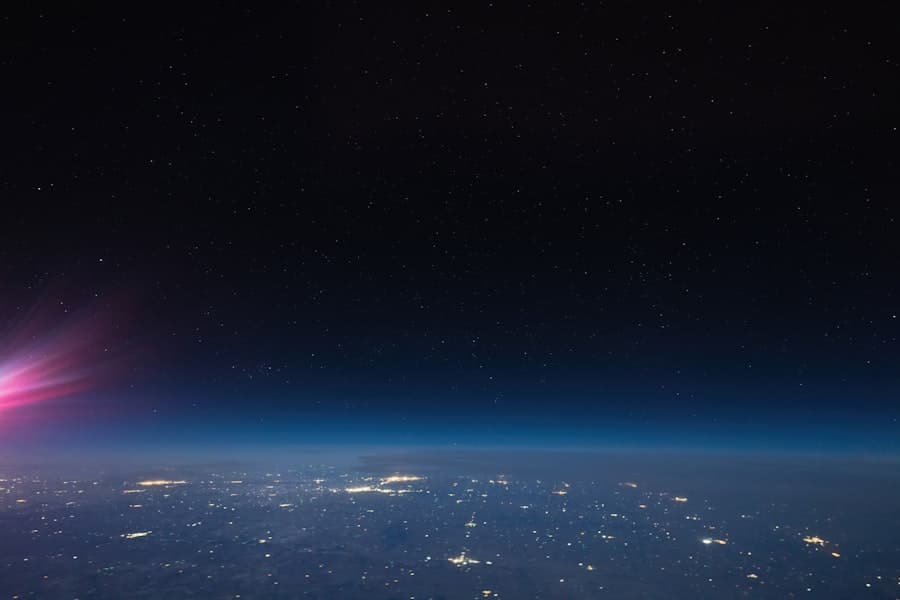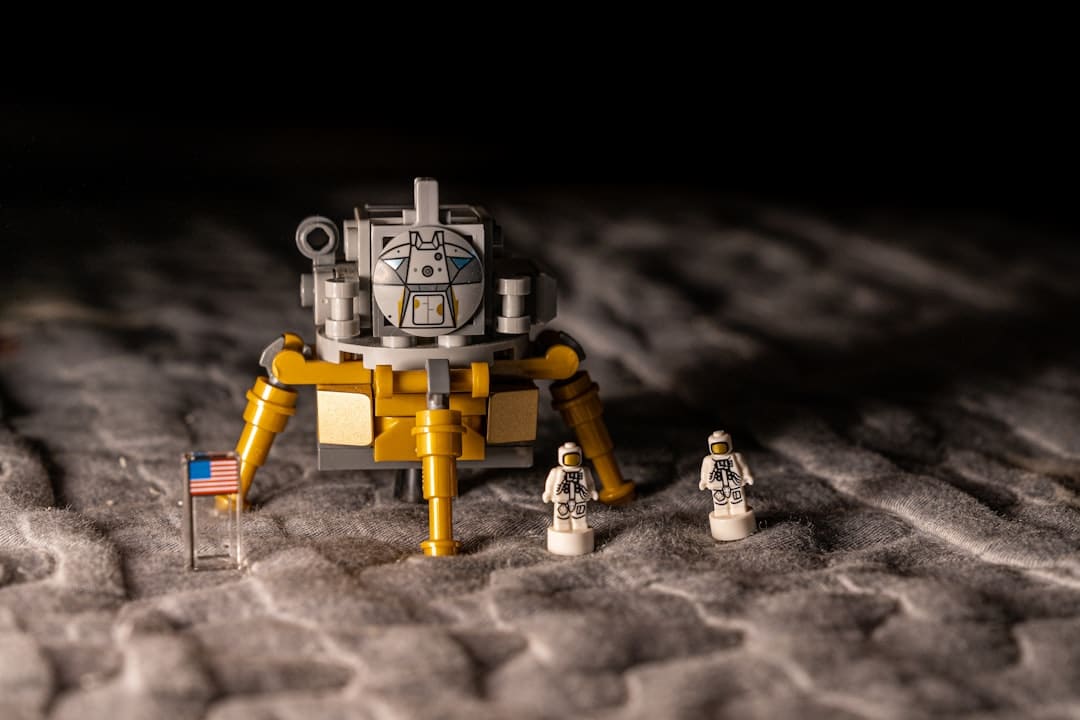The concept of space colonization has captivated the human imagination for centuries, evolving from the realm of science fiction into a tangible possibility. As Earth faces numerous challenges, including overpopulation, resource depletion, and climate change, the idea of establishing human settlements beyond our planet has gained traction. The potential benefits of space colonization are vast, ranging from the expansion of human civilization to the discovery of new resources and the preservation of our species in the event of a global catastrophe.
Mars, with its similarities to Earth, has emerged as a prime candidate for colonization, offering a unique opportunity to create a new society that could alleviate some of the pressures faced on our home planet. Moreover, the potential for scientific discovery in space is immense. Colonizing other celestial bodies could lead to breakthroughs in various fields, including biology, geology, and astronomy.
For instance, studying the effects of low gravity on human physiology could provide insights into health issues on Earth. Additionally, the search for extraterrestrial life could be significantly advanced by establishing bases on planets and moons within our solar system. The exploration of these environments may yield new knowledge about the origins of life and the conditions necessary for its existence, thereby enriching our understanding of life itself.
Key Takeaways
- Space colonization offers the potential for expanding human civilization beyond Earth and ensuring the survival of the human species.
- Challenges and obstacles to space colonization include the harsh environment of space, the high cost of space travel, and the need for sustainable life support systems.
- Advancements in space technology, such as reusable rockets and advanced life support systems, are making space colonization more feasible.
- Sustainability and self-sufficiency are crucial for long-term space colonization, requiring the development of closed-loop life support systems and resource utilization technologies.
- Space colonization has social and cultural implications, including the potential for creating new societies and cultures beyond Earth.
Challenges and Obstacles
Despite the allure of space colonization, numerous challenges and obstacles must be addressed before humanity can establish a permanent presence beyond Earth. One of the most significant hurdles is the technological limitations we currently face. The vast distances involved in space travel present logistical challenges that require advanced propulsion systems and life support technologies.
For example, current rocket technology limits travel time to Mars to several months, raising concerns about the psychological and physical well-being of astronauts during long-duration missions. Developing spacecraft capable of faster travel or creating sustainable habitats on other planets is essential for successful colonization. In addition to technological challenges, there are profound environmental and health concerns associated with living in space.
The harsh conditions of outer space, including radiation exposure and microgravity, pose significant risks to human health. Prolonged exposure to cosmic radiation can increase the likelihood of cancer and other health issues, while microgravity can lead to muscle atrophy and bone density loss. Addressing these health risks will require innovative solutions, such as advanced shielding materials or artificial gravity environments.
Furthermore, the psychological effects of isolation and confinement in space must be considered, as they can impact the mental health of colonists and their ability to function effectively in a new environment.
Advancements in Space Technology

Recent advancements in space technology have brought us closer to realizing the dream of space colonization. The development of reusable rocket systems, such as SpaceX’s Falcon 9 and Starship, has significantly reduced the cost of launching payloads into orbit. This innovation not only makes space travel more economically viable but also paves the way for more frequent missions to other celestial bodies.
Additionally, advancements in robotics and artificial intelligence are enhancing our ability to explore and utilize resources in space. Robotic missions have already demonstrated the feasibility of mining asteroids for valuable materials, which could support future colonies. Moreover, innovations in life support systems are crucial for sustaining human life in extraterrestrial environments.
Research into closed-loop systems that recycle air, water, and waste is ongoing, with experiments conducted on the International Space Station (ISS) providing valuable data. These systems are essential for long-term habitation on planets like Mars, where resupplying from Earth would be impractical. Furthermore, advancements in agricultural technology are being explored to enable food production in space.
Hydroponics and aeroponics are promising methods that could allow colonists to grow crops in controlled environments, reducing reliance on Earth for sustenance.
Sustainability and Self-Sufficiency
For space colonization to be successful, sustainability and self-sufficiency must be prioritized from the outset. Establishing a colony that can thrive independently of Earth requires careful planning and resource management. One approach is to utilize in-situ resource utilization (ISRU), which involves harnessing local materials for construction, fuel, and life support.
For example, extracting water from Martian ice deposits or using regolith (the loose material on the surface) to create building materials could significantly reduce the need for supplies transported from Earth. Additionally, developing renewable energy sources is vital for sustaining a colony’s infrastructure. Solar power is a promising option due to its abundance in space; however, energy storage solutions must also be developed to ensure a consistent power supply during periods of low sunlight.
Wind and geothermal energy could also be explored on planets with suitable conditions. By creating a self-sufficient energy ecosystem, colonies can minimize their dependence on external resources while promoting environmental stewardship.
Social and Cultural Implications
The establishment of human colonies in space will inevitably lead to profound social and cultural implications. As people from diverse backgrounds come together to form new communities on other planets, they will bring their unique cultures, beliefs, and traditions with them. This melting pot of ideas could foster innovation and creativity but may also lead to conflicts arising from differing values and norms.
Establishing a framework for governance that promotes inclusivity and cooperation will be essential for maintaining harmony within these new societies. Furthermore, the experience of living in space will likely reshape human identity and our relationship with Earth. As colonists adapt to life on another planet, they may develop a distinct cultural identity that reflects their unique experiences and challenges.
This evolution could lead to new forms of art, literature, and social structures that diverge from those on Earth. The psychological impact of living in an alien environment may also influence how individuals perceive their place in the universe and their responsibilities toward both their new home and Earth.
Economic Opportunities

The economic opportunities presented by space colonization are vast and varied. As humanity expands its presence beyond Earth, new markets will emerge that cater to the needs of space travelers and settlers. Industries focused on transportation, construction, agriculture, and resource extraction will likely flourish as demand increases for goods and services tailored to extraterrestrial living conditions.
For instance, companies specializing in space tourism could capitalize on the growing interest in experiencing life beyond our planet. Moreover, the potential for mining asteroids for rare minerals presents an exciting economic prospect. Asteroids are believed to contain valuable resources such as platinum-group metals and water ice, which could be used for fuel or life support systems.
Establishing a mining industry in space could not only provide essential materials for colonies but also alleviate resource scarcity on Earth by reducing competition for terrestrial resources. The economic implications extend beyond immediate profits; they could also drive technological advancements that benefit life on Earth.
Ethical Considerations
As we venture into space colonization, ethical considerations must be at the forefront of our discussions. The prospect of establishing human settlements on other planets raises questions about our responsibilities toward potential extraterrestrial ecosystems.
The principle of planetary protection emphasizes the need to avoid contamination by Earth organisms while also safeguarding any indigenous life forms that may exist. Additionally, ethical dilemmas surrounding governance and rights within space colonies must be addressed. As new societies form in extraterrestrial environments, questions about citizenship, representation, and resource allocation will arise.
Who gets to make decisions about how a colony is run? How do we ensure that all voices are heard?
The Role of Government and International Collaboration
The role of government and international collaboration is paramount in advancing space colonization efforts. Space exploration has historically been a collaborative endeavor among nations; initiatives like the International Space Station exemplify how countries can work together toward common goals despite geopolitical differences. As we look toward colonizing other planets, fostering international partnerships will be essential for sharing knowledge, resources, and expertise.
Governments can play a crucial role by investing in research and development initiatives that support space exploration technologies while also establishing regulatory frameworks that govern activities in outer space. International treaties may need to be updated or created to address issues such as resource ownership and environmental protection on celestial bodies. By working together on these challenges, nations can ensure that space colonization efforts are conducted responsibly and sustainably while maximizing benefits for all humanity.
In conclusion, while the dream of space colonization presents numerous opportunities for advancement and exploration, it is accompanied by significant challenges that require careful consideration across various domains—technological innovation, sustainability practices, social dynamics, economic potentialities—all underpinned by ethical frameworks guiding our actions as we reach for the stars.
In exploring the topic of space colonization and human settlements, it’s essential to consider the technological advancements that will support these endeavors. A related article that delves into the technological innovations of today is

